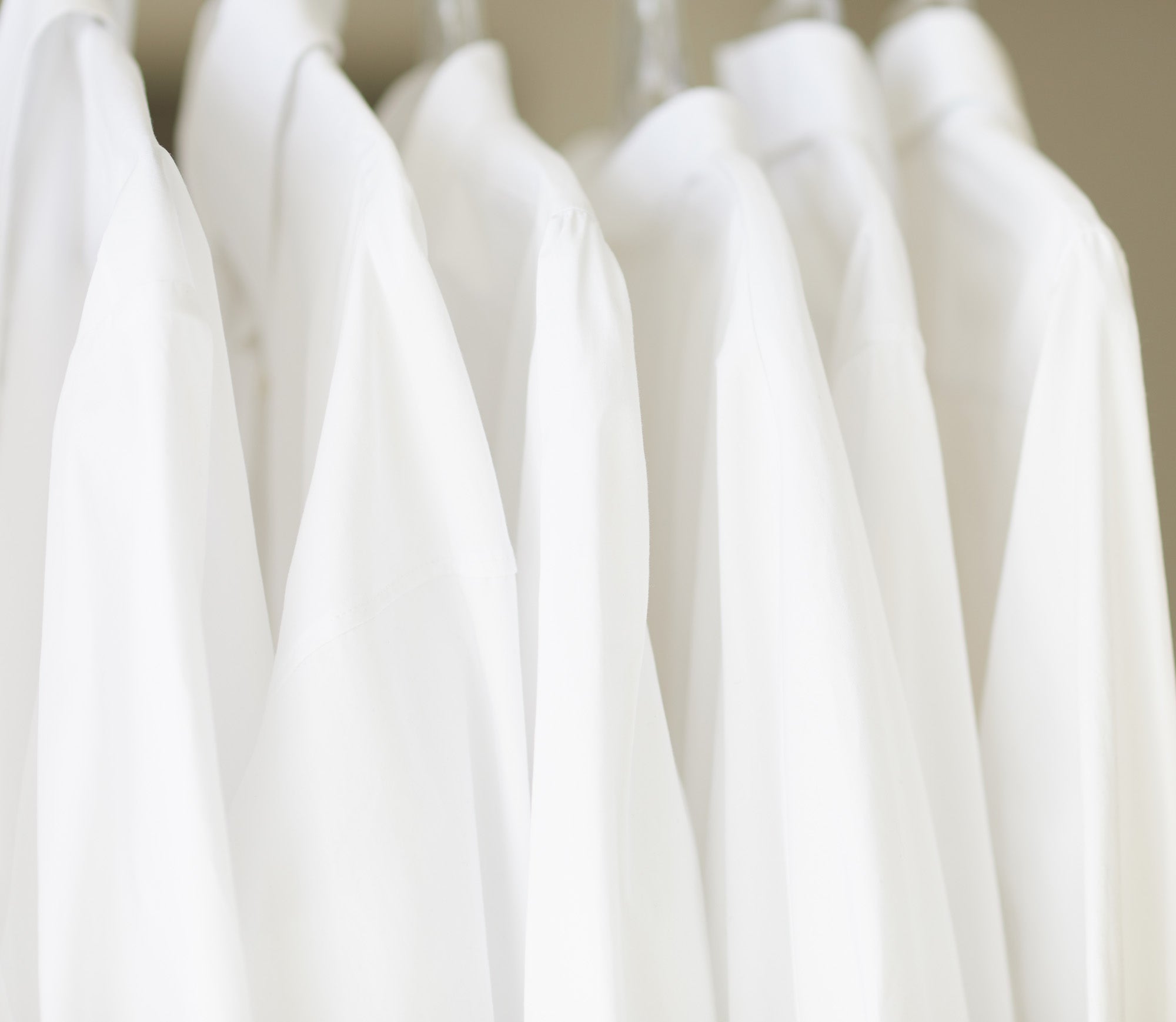We use the same fabric for every shirt, so finding the right textile producer was a major decision for our brand. In addition to our strict design requirements, it was essential that our fabric be 100% GOTS-certified organic cotton. Sustainability is part of our foundation; we choose organic cotton because it promotes the health of our customers, the people who make our clothing, and our planet. We searched the world for the organic cotton fabric we use; we outline six reasons why we chose this fabric and why organic cotton is so important to us.
1. Organic cotton production does not use pesticides or toxins.We choose organic cotton so that you can be sure that your shirts are not toxic to yourself or to those who had a hand in making it. Organic cotton plants are grown without the use of pesticides or GMO seeds.
Conventional cotton is the most pesticide reliant crop in the world, responsible for over 11% of global pesticide use each year1. Unfortunately, all of those chemicals run off the fields and into surrounding waterways and natural habitats, harming the water we drink, the food we eat, and the air we breathe. Growing organic cotton instead means that soil, groundwater, and animal life are protected from chemical contamination. While the creation of organic cotton is more labor intensive, the benefits make the choice worthwhile. We believe in tacking challenges that are difficult but worthy.
The process of turning the raw fiber into organic cotton fabric (i.e. ginning, spinning, weaving, and finishing) is done without the use of toxic chemicals that harm the environment and human health. Most textiles contain toxins that can be absorbed through the skin to cause illness among textile workers and customers. Organic fabric is never bleached with chlorine or treated with formaldehyde (a compound banned in the EU as an endocrine disruptor that is often used to create wrinkle-resistant properties on shirting2).











